 Two equipment companies will demonstrate an inline system capable of taking PET bottle flake through to sheet.
Two equipment companies will demonstrate an inline system capable of taking PET bottle flake through to sheet.

 Two equipment companies will demonstrate an inline system capable of taking PET bottle flake through to sheet.
Two equipment companies will demonstrate an inline system capable of taking PET bottle flake through to sheet.
The first Plastics Recycling Awards Europe honored people and products advancing plastics recycling.
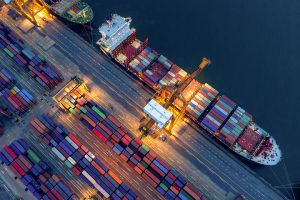 Chinese officials have accused the U.S. of hypocrisy for denigrating the scrap imports ban amid a brewing trade war between the two nations.
Chinese officials have accused the U.S. of hypocrisy for denigrating the scrap imports ban amid a brewing trade war between the two nations.
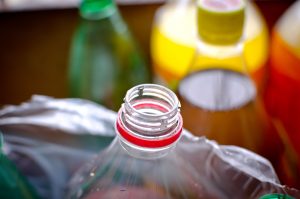 Leaders across the pond have announced they will roll out a deposit program covering certain plastic, glass and metal beverage containers.
Leaders across the pond have announced they will roll out a deposit program covering certain plastic, glass and metal beverage containers.
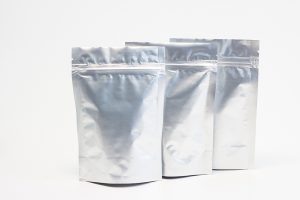 A project in the European Union seeks to replace aluminum and other barrier materials in multi-layer films with recyclable bio-derived polymer coatings.
A project in the European Union seeks to replace aluminum and other barrier materials in multi-layer films with recyclable bio-derived polymer coatings.
This story originally appeared in the May 2016 issue of Plastics Recycling Update.
Subscribe today for access to all print content.

Clarissa Morawski
Single-use packaging is easy to spot. A short walk along a beach, anywhere in the world, will reveal the consequences of our throwaway culture as each tide brings in a fresh layer of debris, most of it single-use plastics.
Europe has laid out its legislative and long-term policy blueprint on waste and recycling, with big changes in store for plastics recycling. Continue Reading
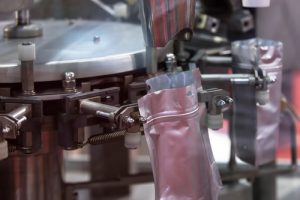
Credit: MOLPIX/Shutterstock
The Ellen MacArthur Foundation recently honored a team at the University of Pittsburgh and an R&D company called Aronax Technologies Spain for their work improving the mechanical recyclability of flexible packaging for food.
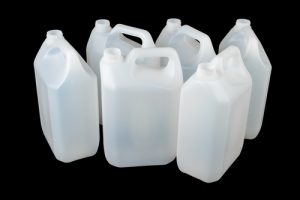
Credit: Imfoto/Shutterstock
According to one product manufacturer’s analysis, HDPE can be shredded, melted and molded into products 10 times before its quality is compromised.
